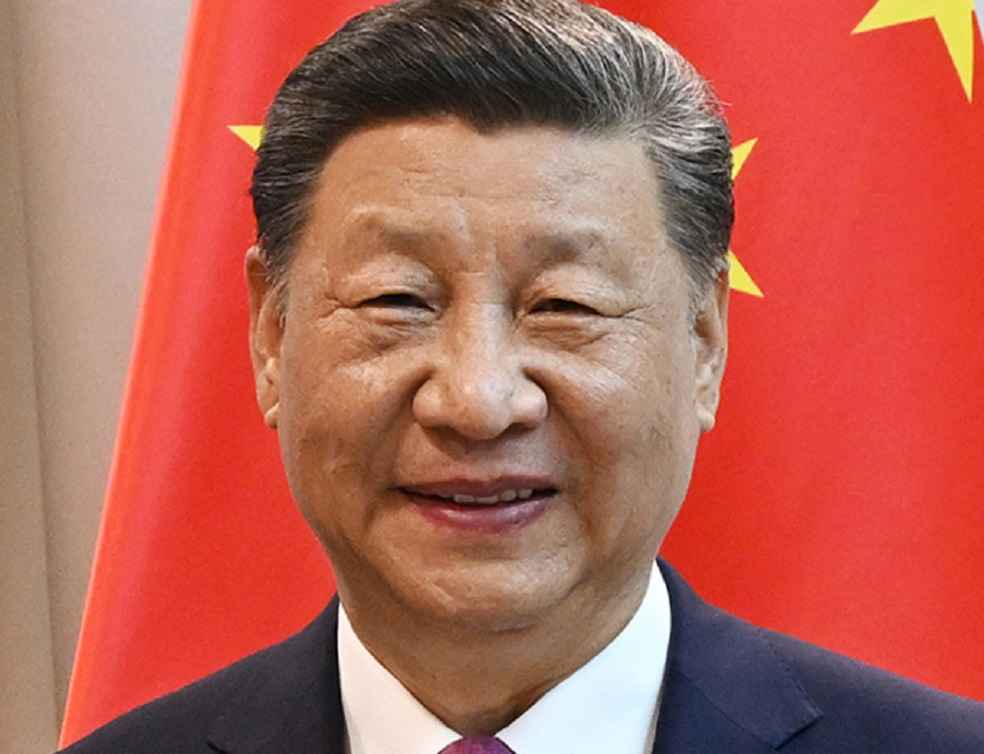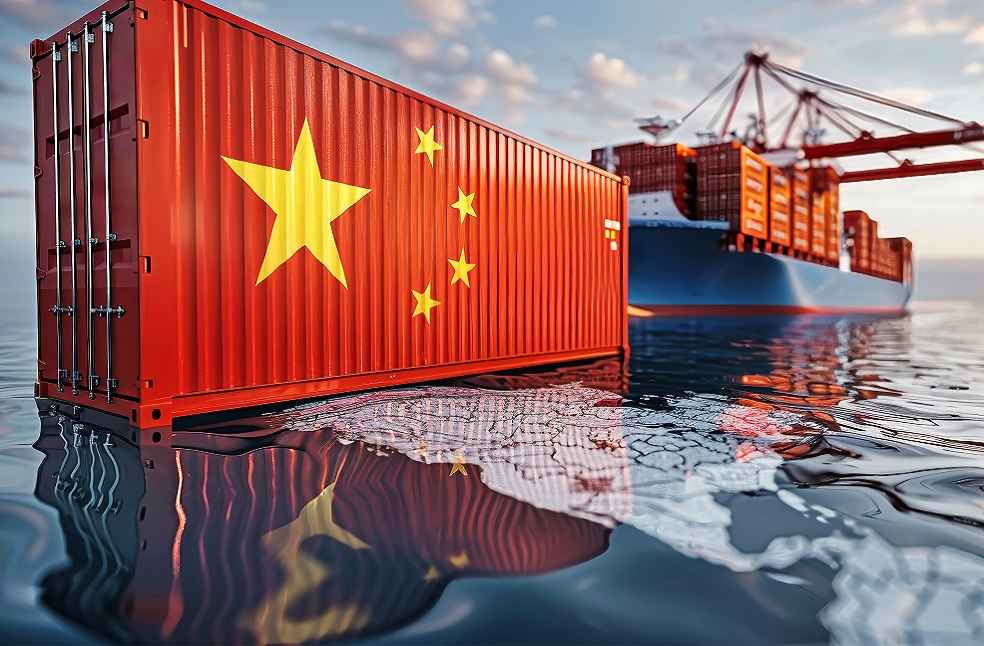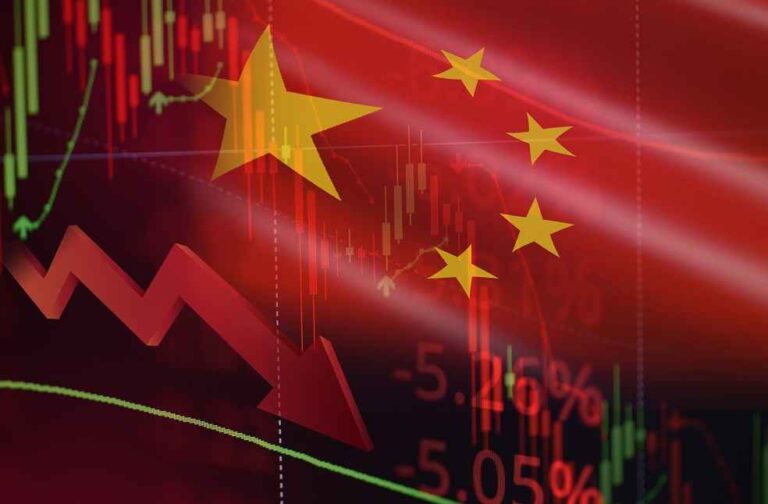The Chinese economy, the world’s second-largest, is showing clear signs of distress, leading to rising trade tensions and global concern. Recent data points to an unexpectedly sharp slowdown, with analysts predicting that China may not meet its modest 5% growth target for the year. Industrial output and retail sales are down, the stock market has dipped, and the real estate sector continues to falter. Meanwhile, unemployment is up, and deflation poses an urgent challenge.
Despite these alarming signals, China’s government has been hesitant to introduce large-scale stimulus packages, similar to those implemented after the 2008 financial crisis. Instead, they remain committed to advancing manufacturing and export-led growth—though this approach faces increasing challenges amid rising trade tensions with the United States and Europe, which are curbing China’s ability to export key goods.
Key Challenges
In 2024, China’s economy is grappling with multiple challenges. The ongoing real estate crisis, marked by debt-ridden developers and plummeting property values, has severely dampened consumer confidence and spending. Demographically, the aging population and a declining birth rate are putting additional pressure on social security systems while reducing the labor force, creating long-term growth concerns. Trade disputes and technology restrictions are further disrupting exports, adding to the country’s struggles as it attempts to transition from a manufacturing-heavy economy to one driven by services. Income inequality is also widening, and the lingering effects of COVID-19, including disrupted supply chains and weakened consumer confidence, continue to drag down economic performance.
Real Estate Woes

China’s property market has been a key driver of economic instability. The collapse of major property developers, weighed down by heavy debt, has caused widespread anxiety both domestically and internationally. Investors fear the situation could trigger a global financial crisis akin to 2008. Confidence in China’s economy, as well as other emerging markets, has diminished, leading to more cautious investment strategies. The Chinese government’s handling of the real estate crisis is under close scrutiny, with any missteps potentially leading to further erosion of trust in its economic management.
The Resilience
While China’s private sector continues to demonstrate resilience, it faces significant challenges. Regulatory uncertainty, driven by increased government scrutiny in sectors like technology and finance, is unsettling businesses. The overall economic slowdown has reduced domestic demand for goods and services, and state-owned enterprises, which often receive preferential treatment, provide stiff competition. Additionally, trade disputes have hindered companies engaged in international trade. Despite these obstacles, the private sector remains a crucial growth engine, with many businesses showcasing innovation and adaptability in their continued efforts to drive economic development and create jobs.
Global Implications

China’s economic troubles are reverberating across the globe. As a major player in international trade and manufacturing, a slowdown in China is already affecting global commodity prices, with exporters of iron ore and oil seeing lower demand. Disruptions to supply chains that rely heavily on Chinese manufacturing could lead to shortages and higher consumer prices worldwide. Additionally, slower growth in China could dampen global economic expansion and trigger increased volatility in financial markets. In response, some countries are reassessing their reliance on China’s economy, potentially leading to significant geopolitical shifts. Overall, the ripple effects of China’s economic struggles could slow down global growth and disrupt industries that depend on trade and investment from China.
In summary, the Chinese economy is facing a combination of internal and external pressures, and its impact is being felt globally. As trade tensions continue to rise and growth stalls, the path forward remains uncertain for the world’s second-largest economy.
WASTE | EU Bans Plastic Waste Export to Non-OECD Nations for Environmental Protection



